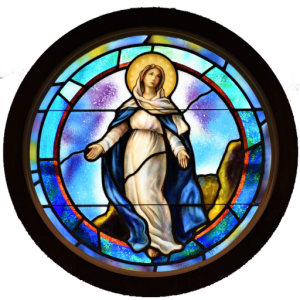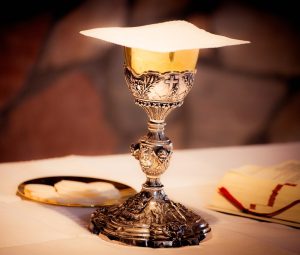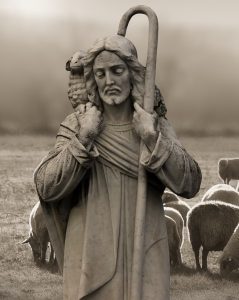Dear brothers and sisters in Christ,
In today’s Gospel reading from John chapter 11, we hear the story of Lazarus, the brother of Martha and Mary, who becomes ill and eventually dies. Jesus receives word of Lazarus’ illness, but He does not immediately go to him. Instead, Jesus says, “This sickness is not unto death, but for the glory of God, so that the Son of God may be glorified by it.” (verse 4)
When Jesus finally arrives in Bethany, Lazarus has been dead for four days. Martha and Mary express their grief, and Jesus is moved to tears. He goes to the tomb, and there He commands Lazarus to come out. Lazarus, who was dead, rises from the dead and comes out of the tomb.
Continue reading
 Mary is called the Mother of God because she gave birth to Jesus Christ, who is the Son of God and the second person of the Holy Trinity. As such, Mary is the mother of Jesus Christ in His humanity and divinity. This belief is central to the Christian doctrine of the Incarnation, which holds that God became human in the person of Jesus Christ.
Mary is called the Mother of God because she gave birth to Jesus Christ, who is the Son of God and the second person of the Holy Trinity. As such, Mary is the mother of Jesus Christ in His humanity and divinity. This belief is central to the Christian doctrine of the Incarnation, which holds that God became human in the person of Jesus Christ.
